Porsche 911 Evolution – All Generations and Their Key Features
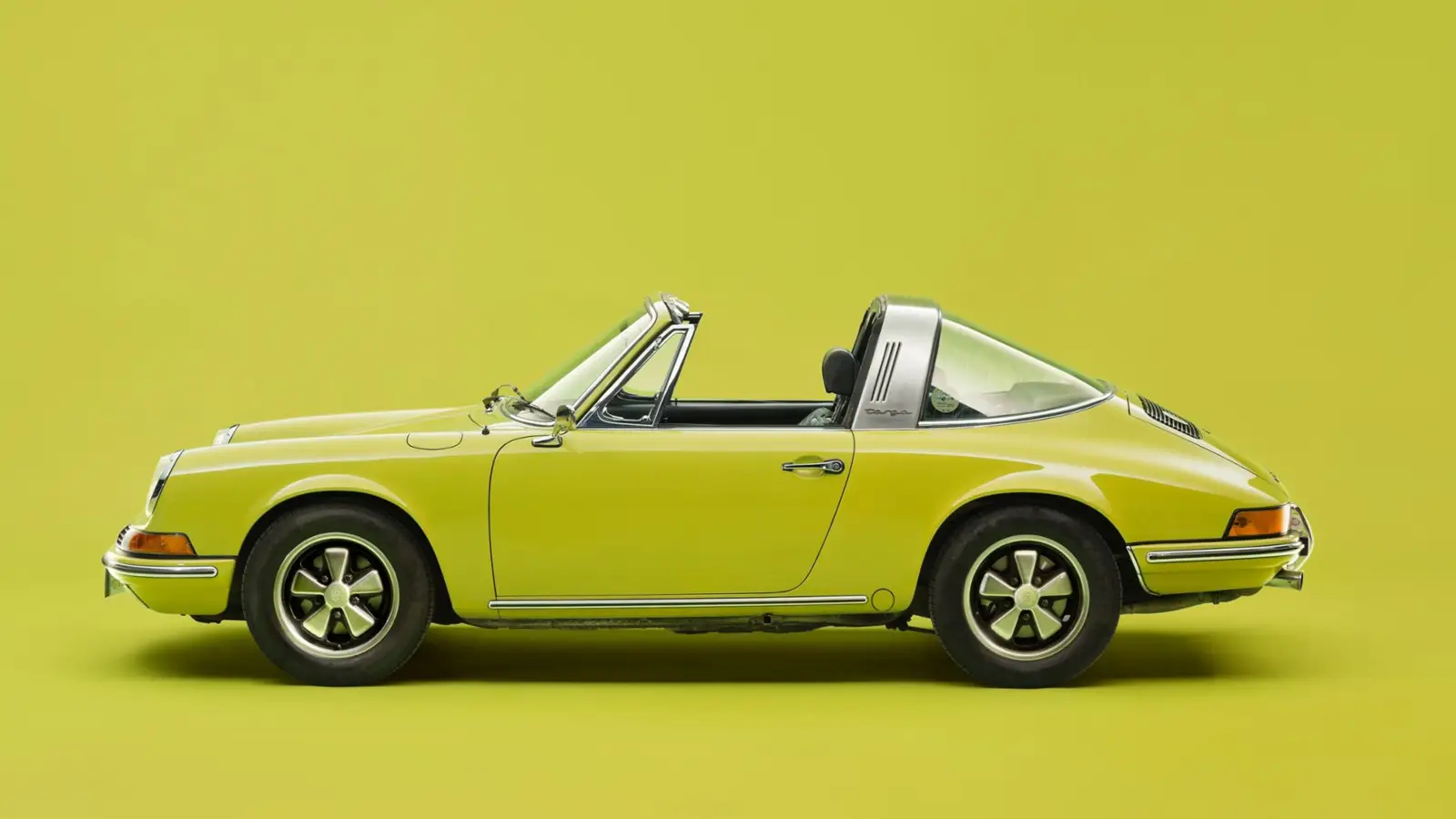
Explore the complete history of the Porsche 911: from 1964 to today, every generation, design changes, key technologies, and the most iconic and controversial models.
The Porsche 911 has remained true to its DNA for over sixty years. This is a story of evolution, where every generation introduced innovation without sacrificing character.
First Generation (1963–1973): Birth of a Legend
Debuting as the 901 in 1963, the car became the 911 for production. It introduced a rear-mounted flat-six and a silhouette that defined the brand. The 911 S, 911 E and 912 broadened the lineup, while the 1965 Targa added a roll bar for safety. The 1973 Carrera RS 2.7 with its ducktail spoiler became an icon for collectors.
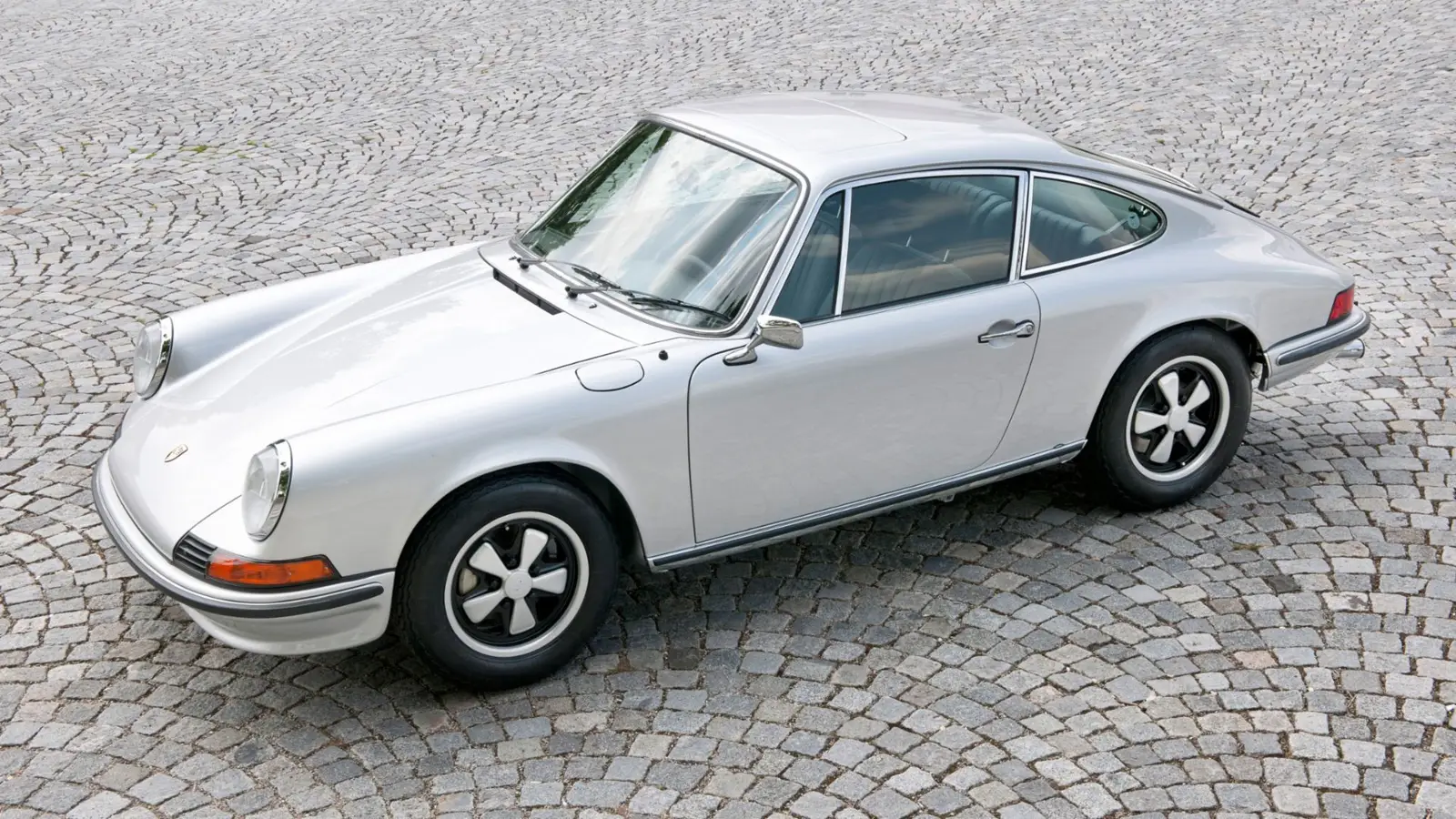
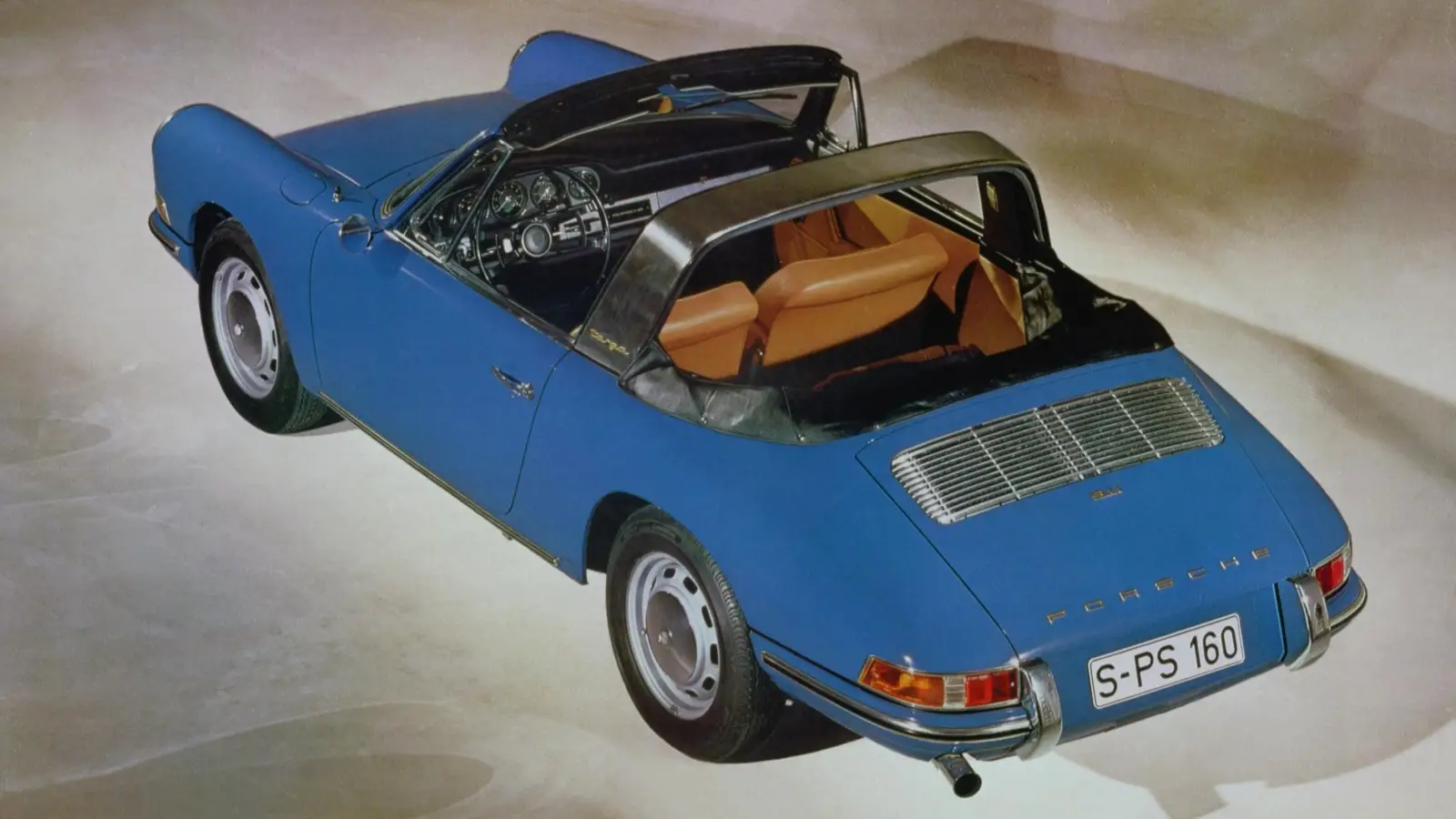
G-Series (1974–1989): Safety and Turbo Era
Impact bumpers appeared in 1974 to meet U.S. regulations. A year later came the first 911 Turbo (930) with flared arches and whale-tail spoiler, creating the “Widowmaker” legend. The SC and Carrera 3.2 brought reliability improvements, catalytic converters and ABS, keeping the 911 strong through the 1980s.
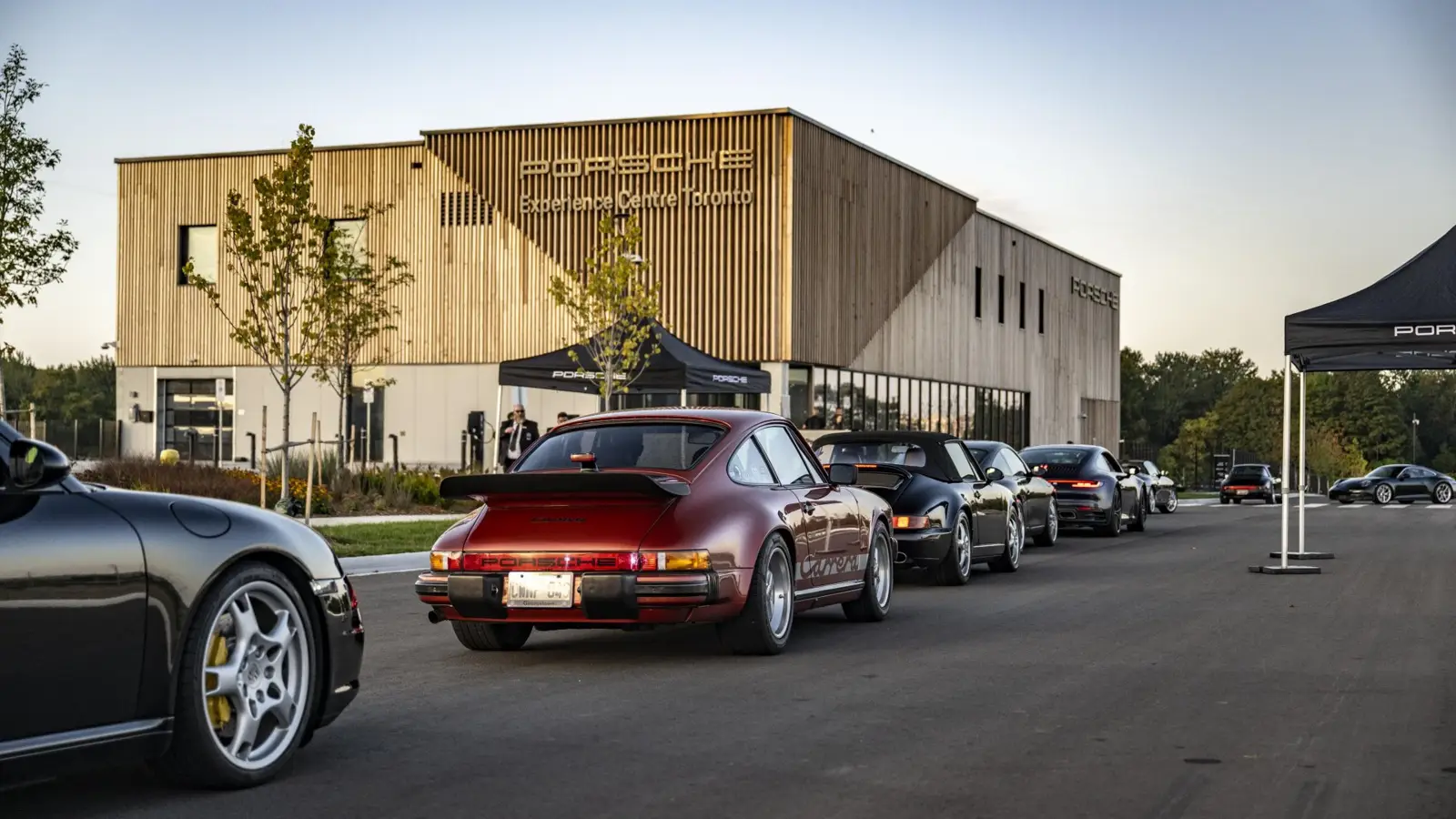
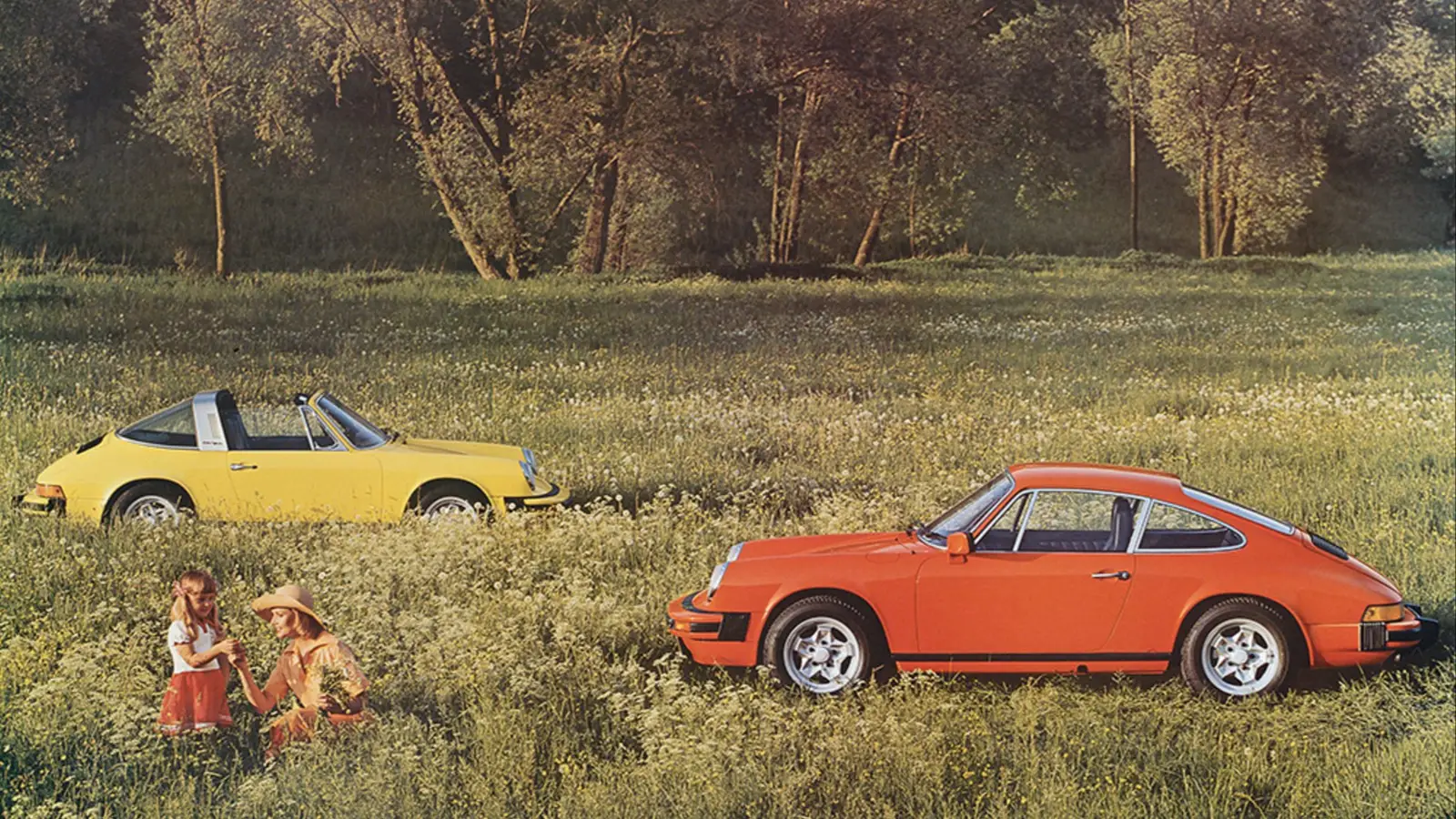

964 (1989–1994): A Major Leap Forward
With 85% new parts, the 964 was a revolution beneath familiar lines. Carrera 4 introduced all-wheel drive, McPherson struts replaced torsion bars, and Tiptronic, ABS and airbags modernized the car. The 964 Turbo 3.6, RS and Speedster are now highly collectible.
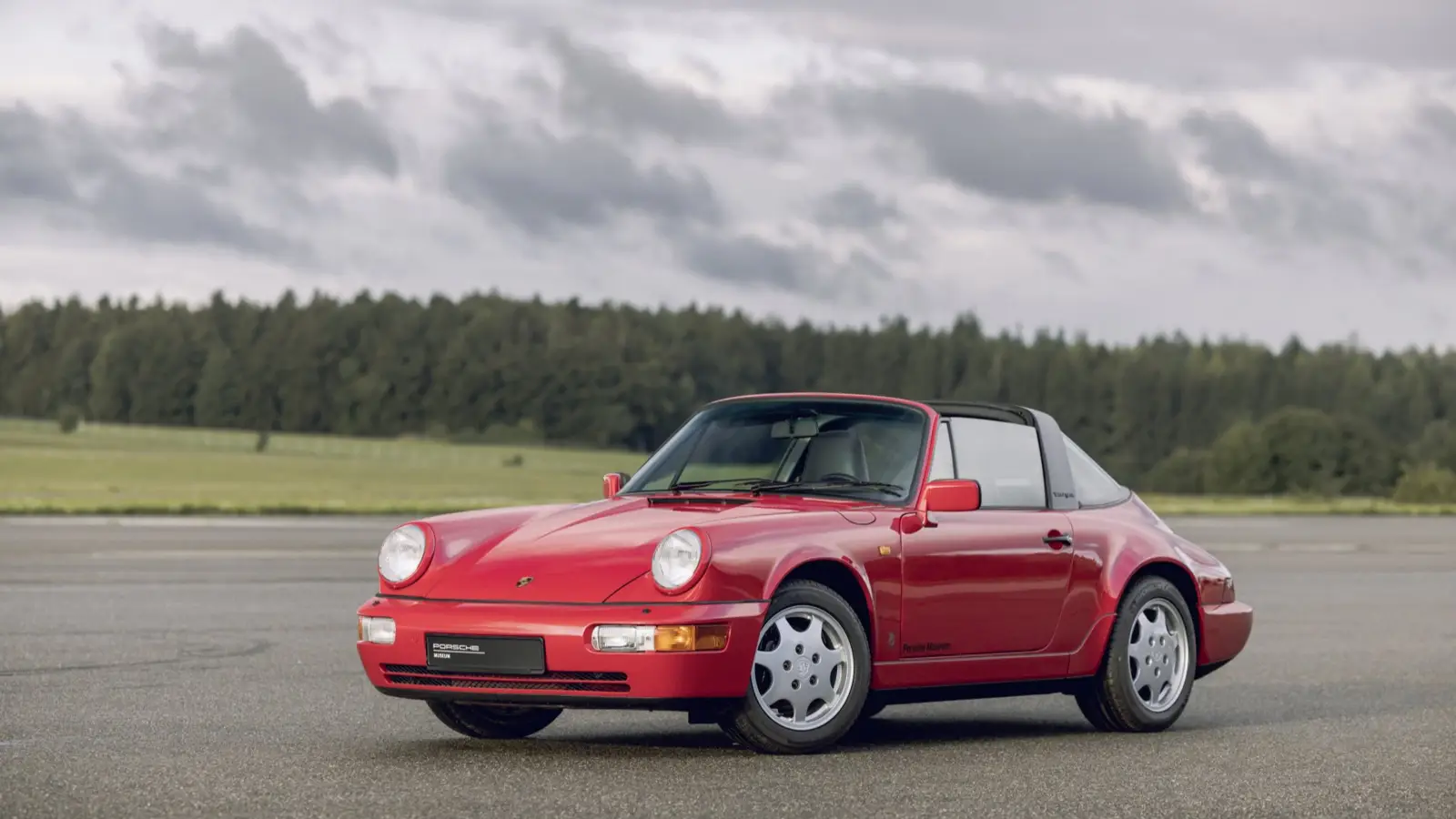
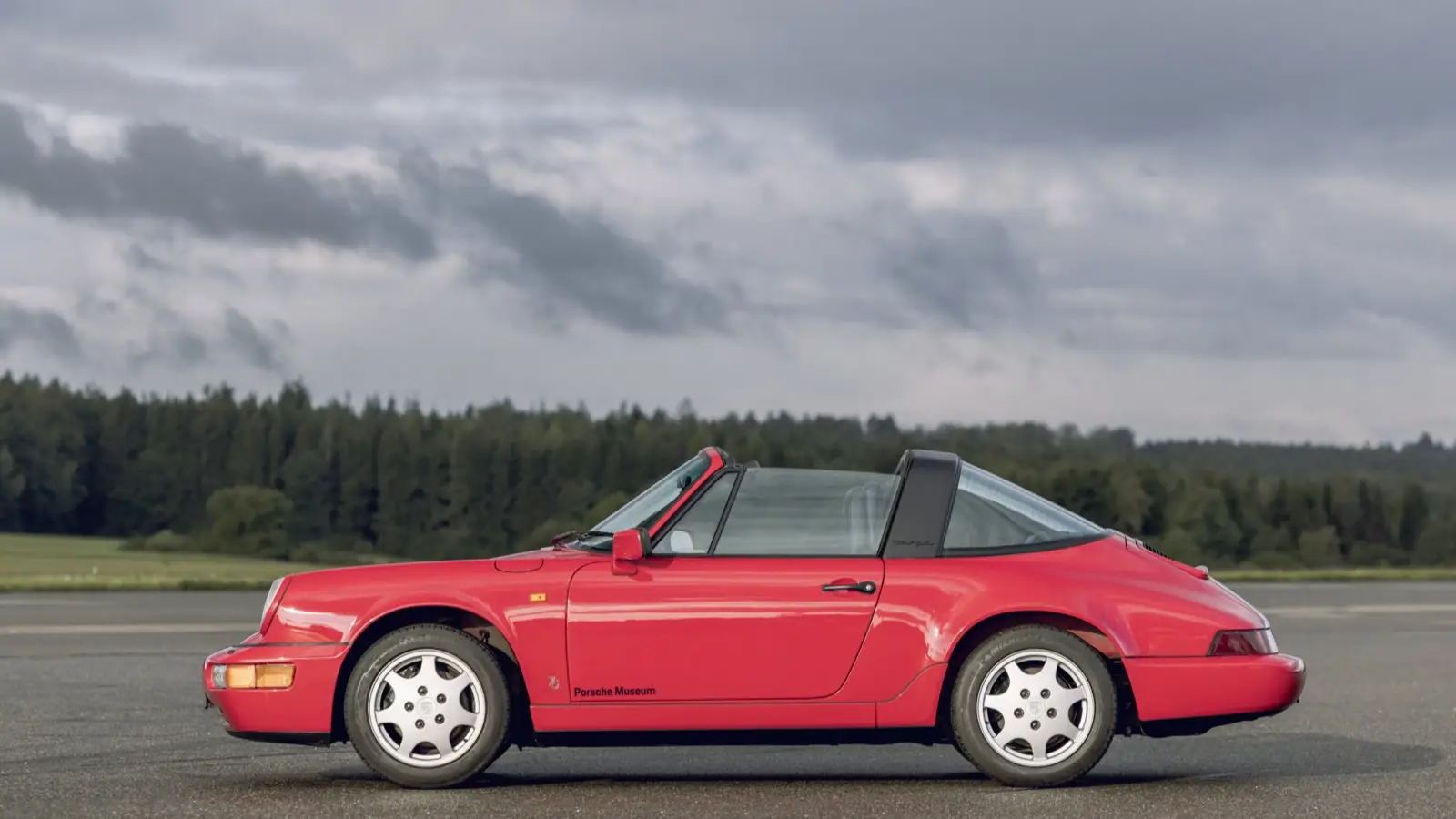
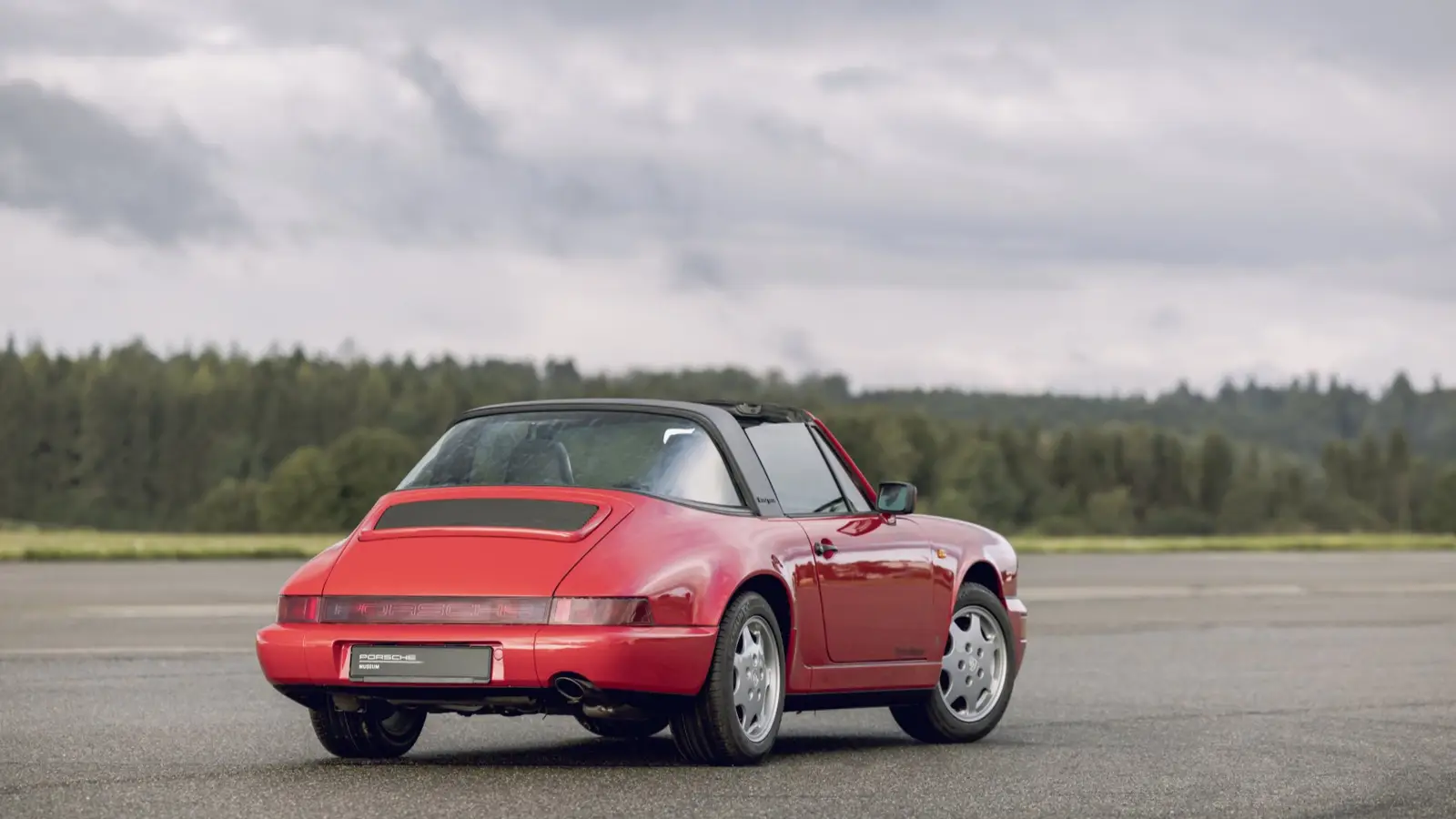
993 (1994–1998): The Last Air-Cooled
The 993 gained a multi-link rear suspension and smoother bodywork. Inside, the dashboard was modernized with better ergonomics and climate control. Key variants included Carrera 4S, Turbo, Turbo S, and the brutal GT2.
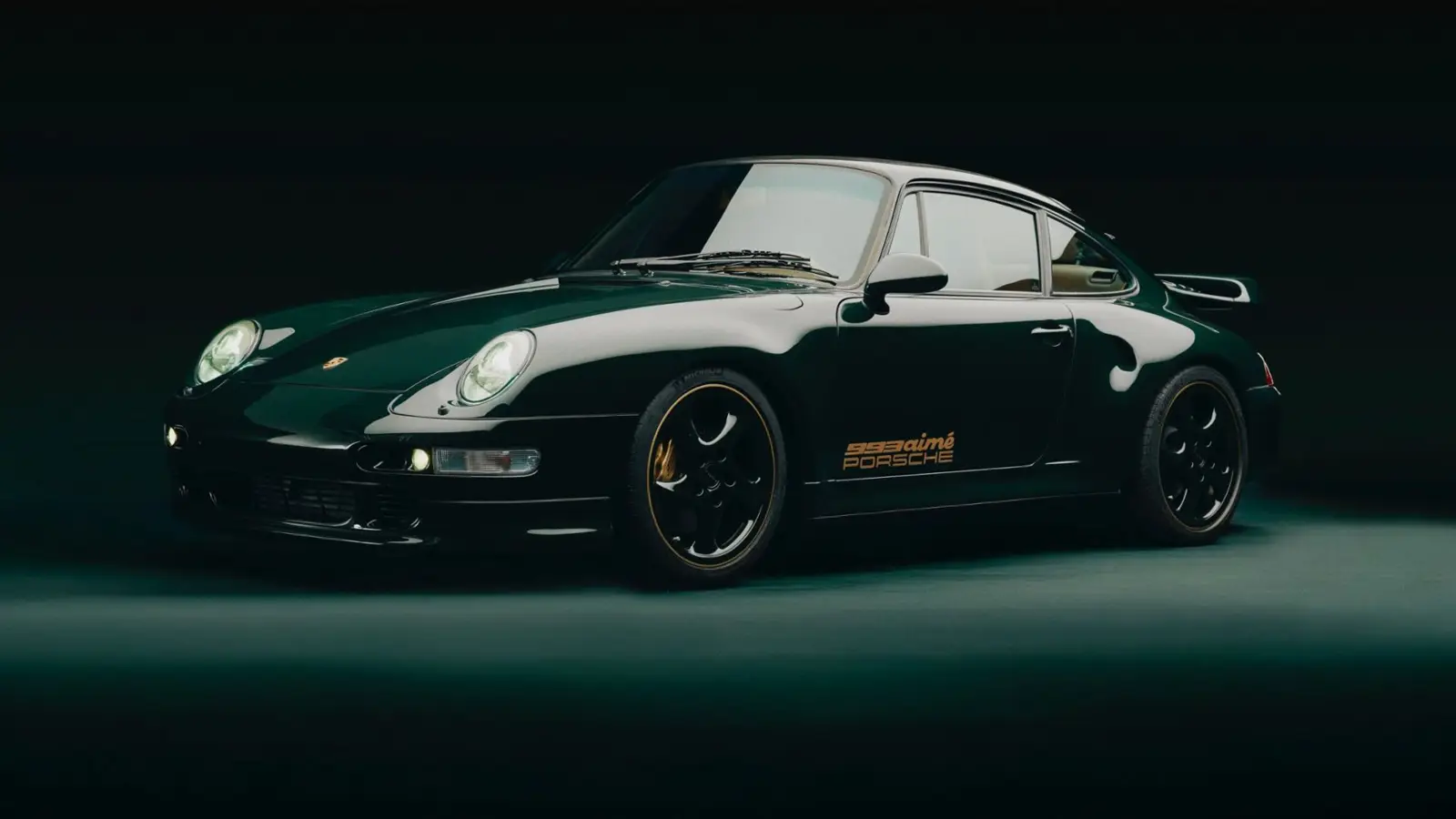
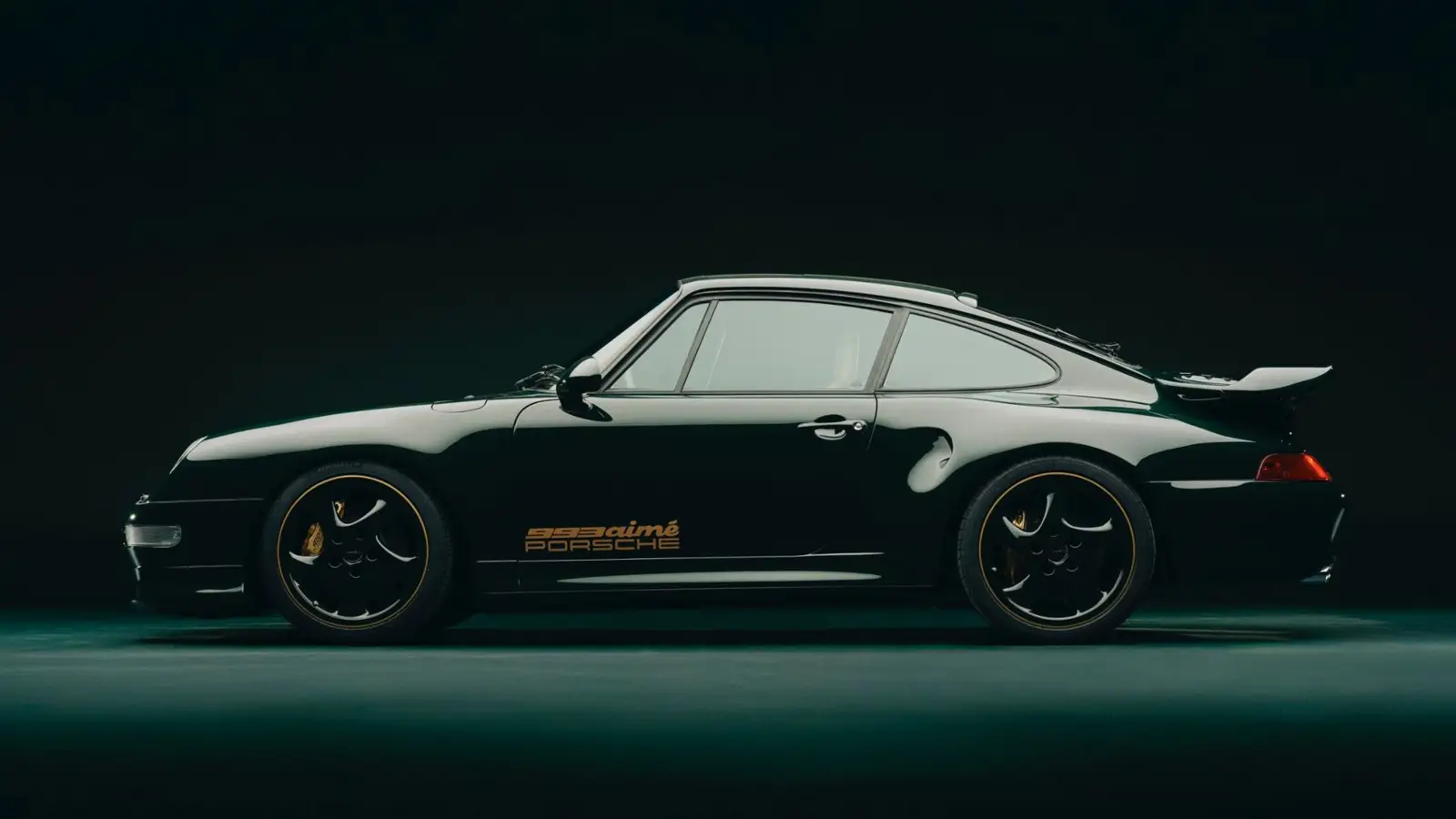
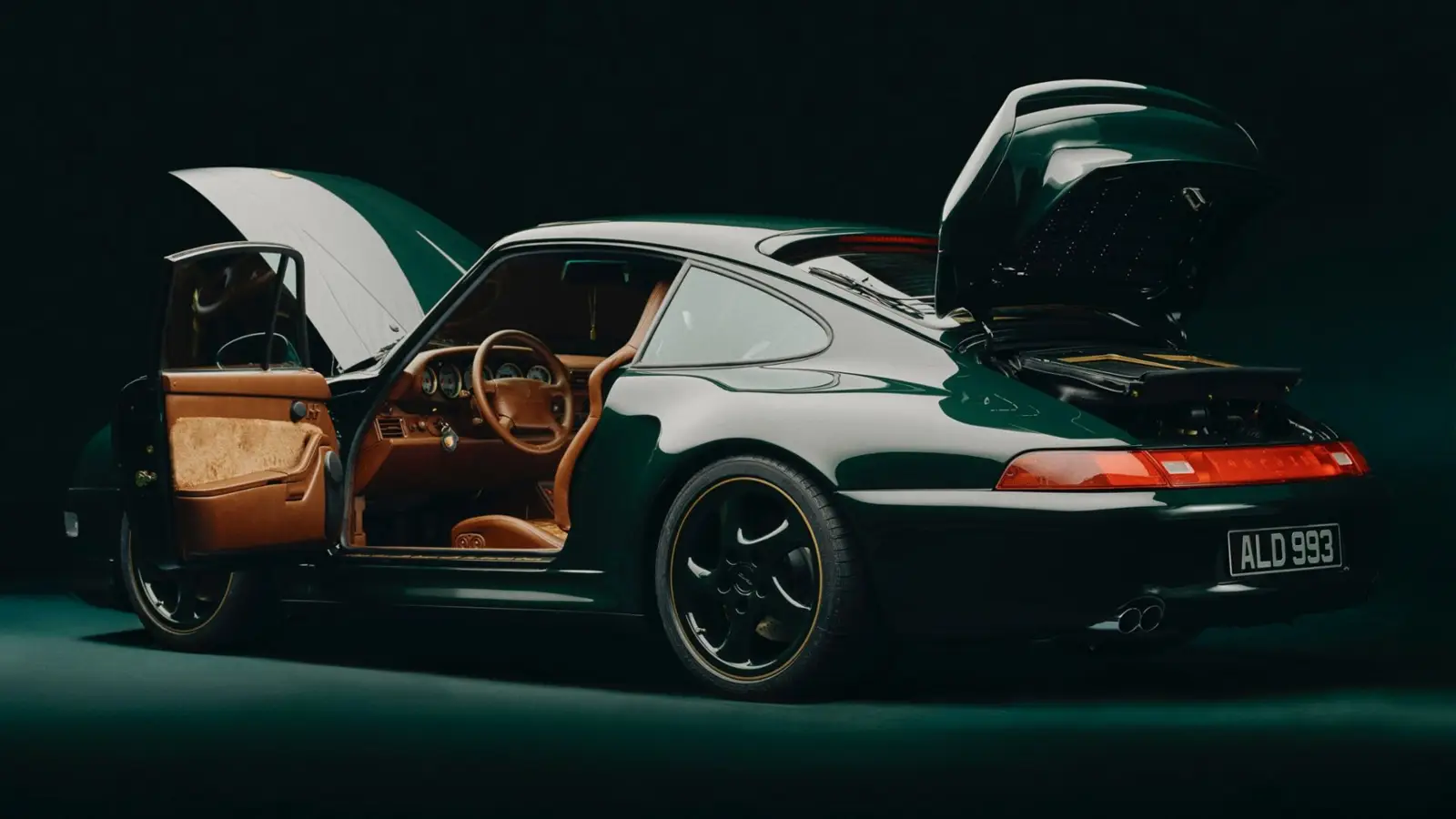
996 (1998–2005): Water-Cooled Revolution
The first water-cooled 911 featured controversial “fried-egg” headlights but allowed Porsche to meet emissions rules. It introduced the GT3, GT3 RS, and a new Turbo with AWD, along with the fearsome GT2 and Turbo S at the top of the range.
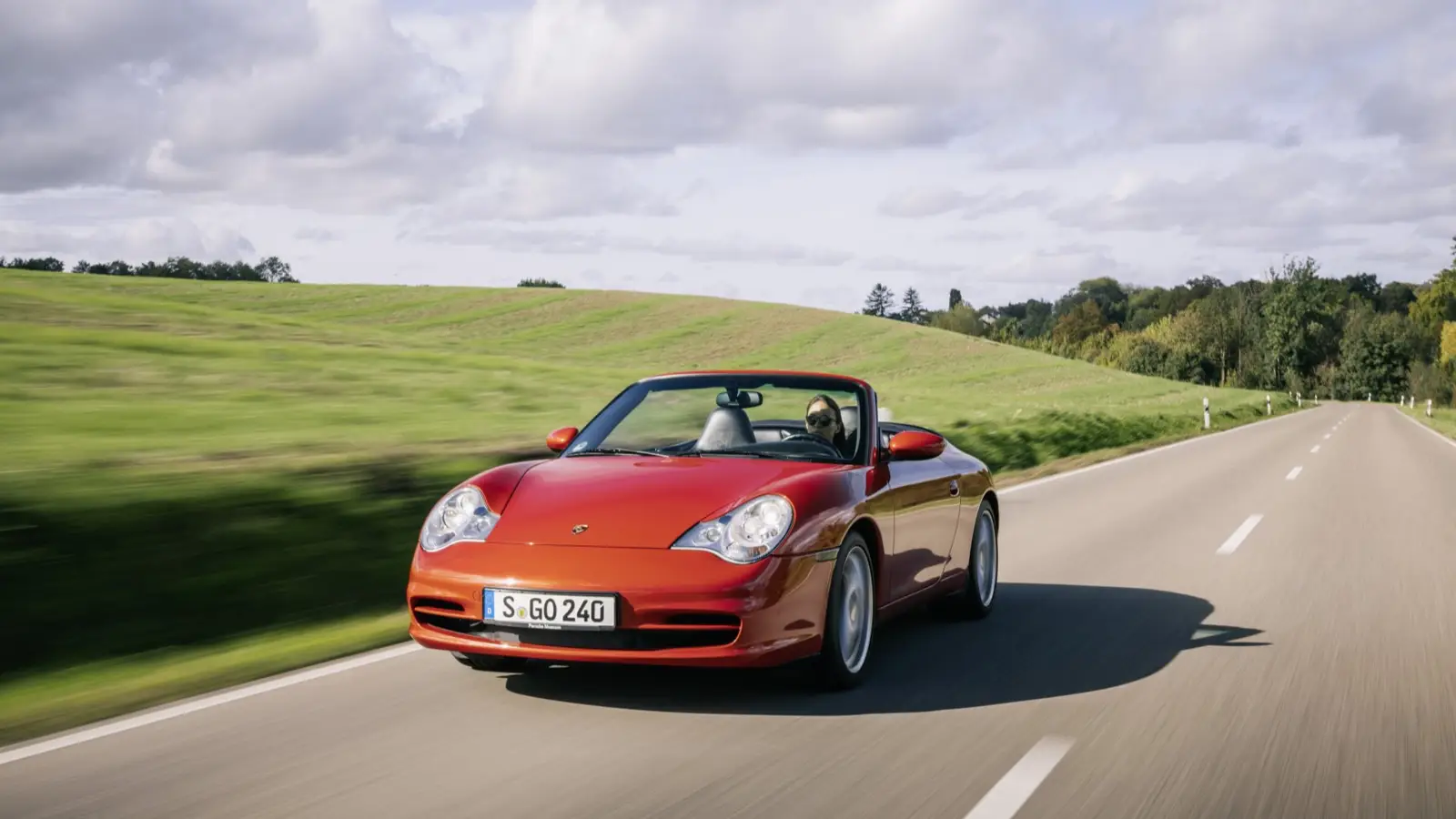
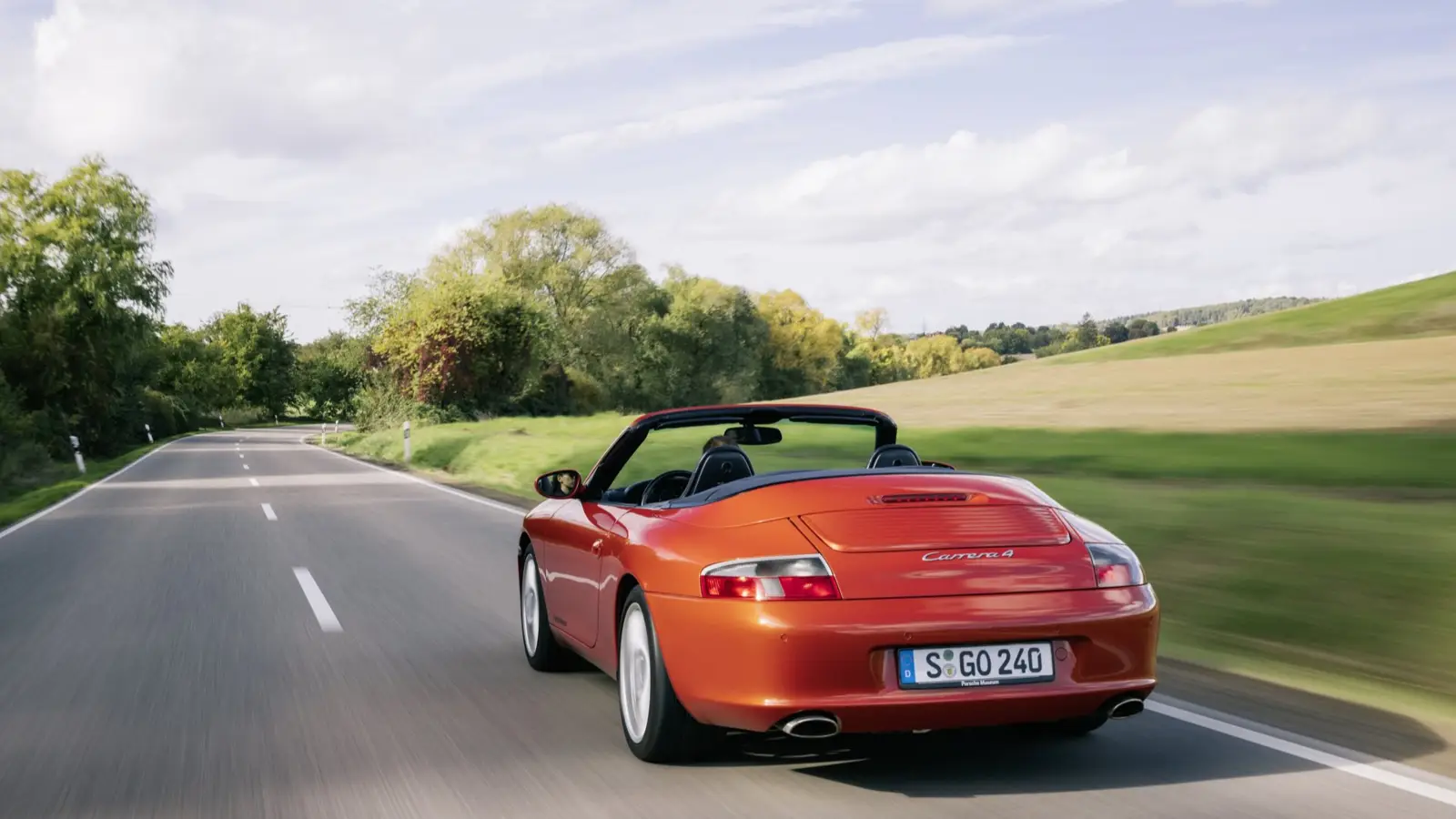
997 (2004–2012): Classic Looks, Modern Tech
The 997 returned to round headlights and improved interior quality. The 2008 facelift brought direct fuel injection and PDK. Highlights include Carrera GTS, GT3 RS, and GT2 RS, once the fastest 911 ever built.
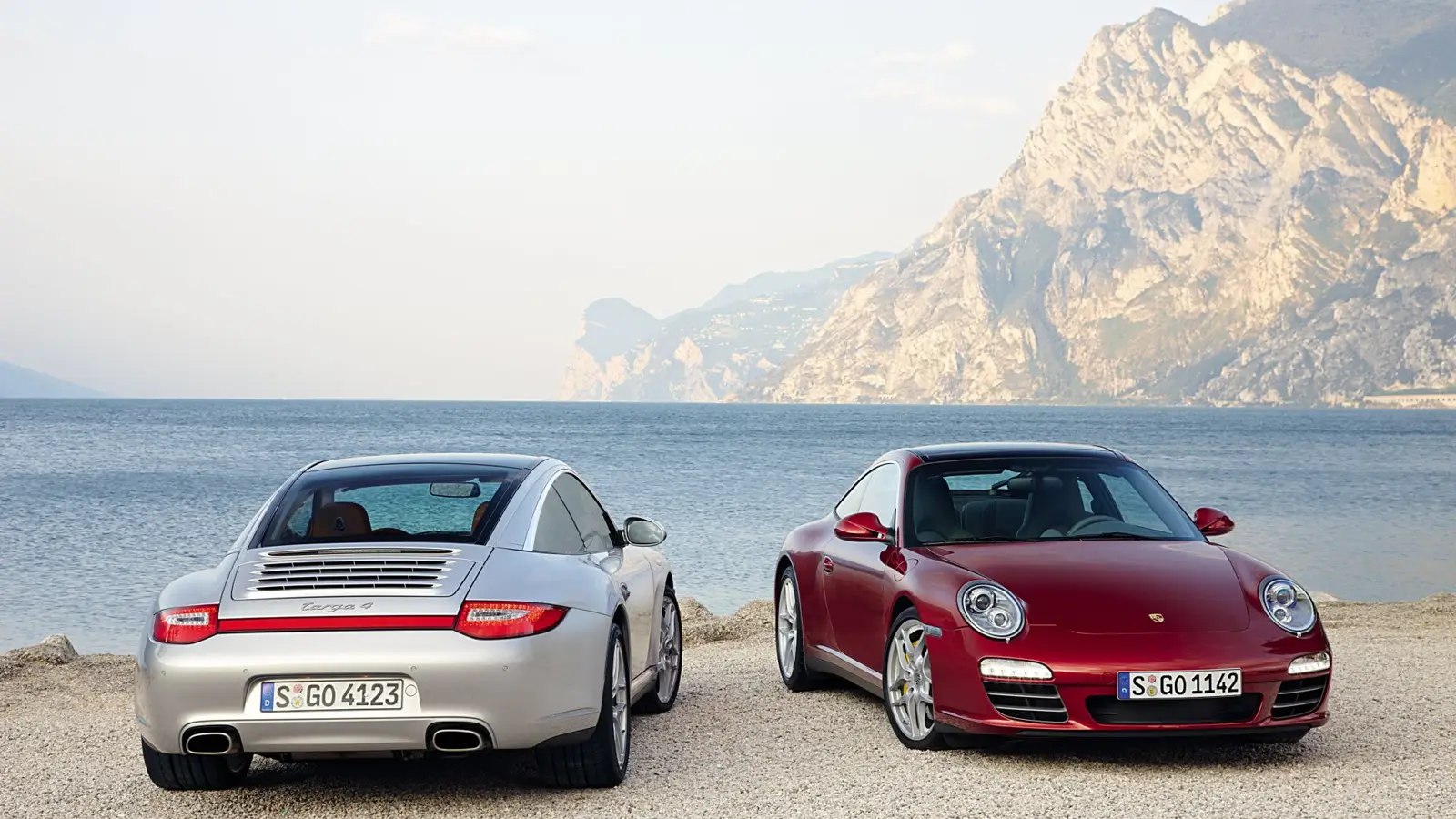
991 (2011–2019): Bigger, Smarter
The 991 grew in size and gained a longer wheelbase and wider track. Electric power steering arrived, and turbocharging became standard across Carrera models after the facelift. GT3 RS and GT2 RS set Nürburgring records, while the 911 R delighted purists with a manual gearbox.
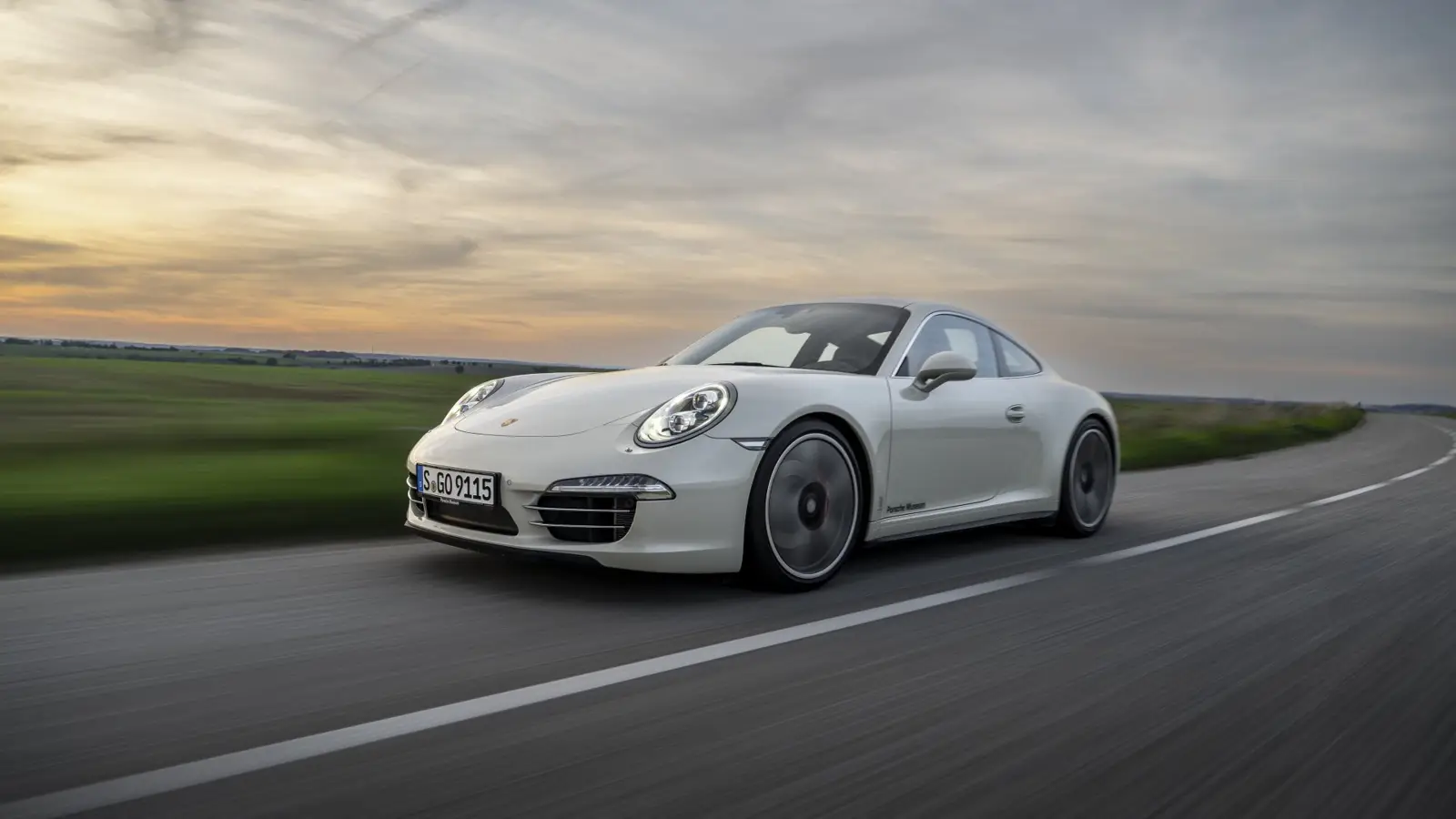
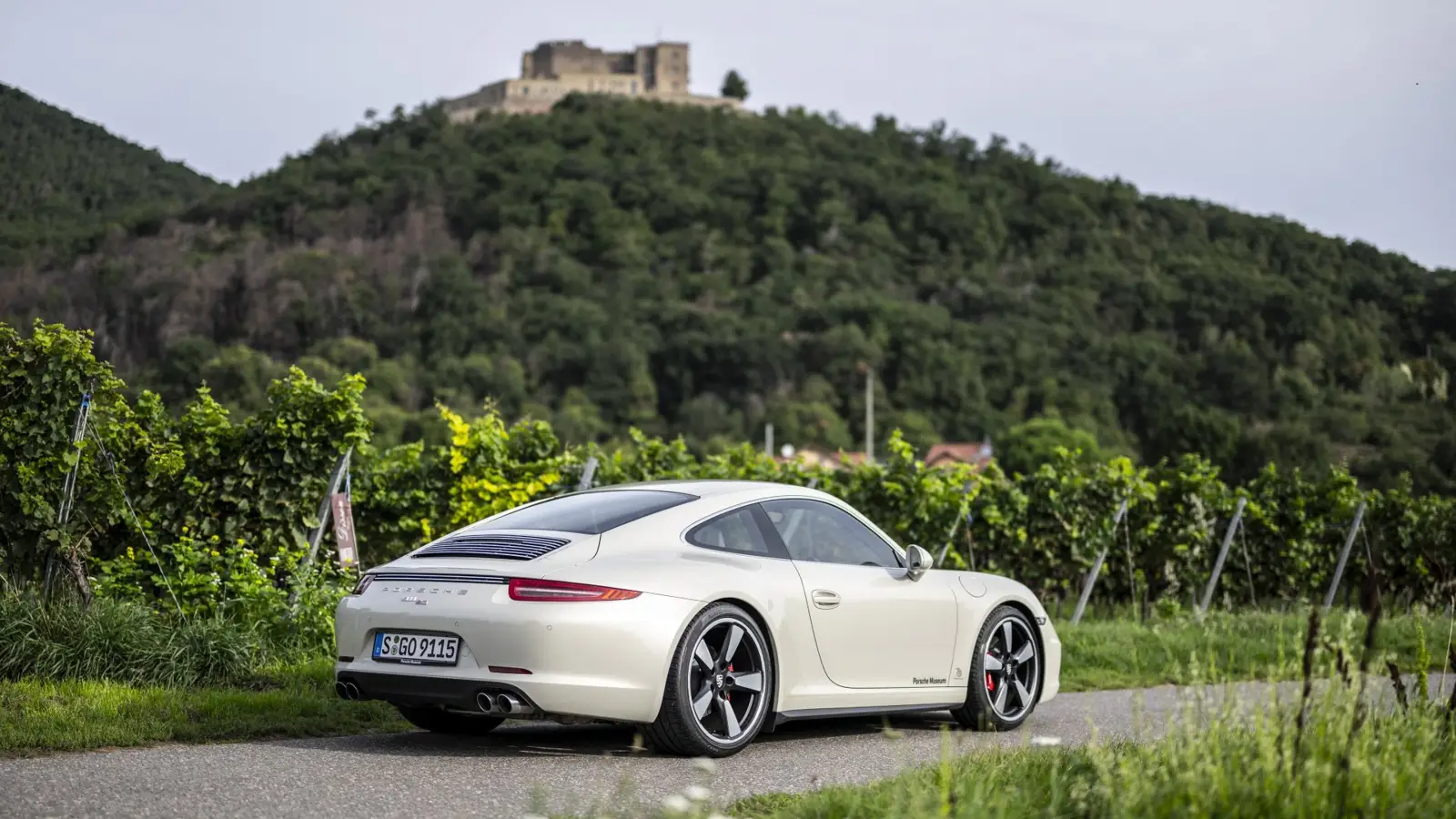
992 (2019–present): The Digital Era
The 992 has wider fenders, a continuous rear light bar and a fully digital instrument cluster. GT3 gets a double-wishbone front axle, while the Turbo S T-Hybrid introduces hybrid power, pointing toward Porsche’s electrified future.
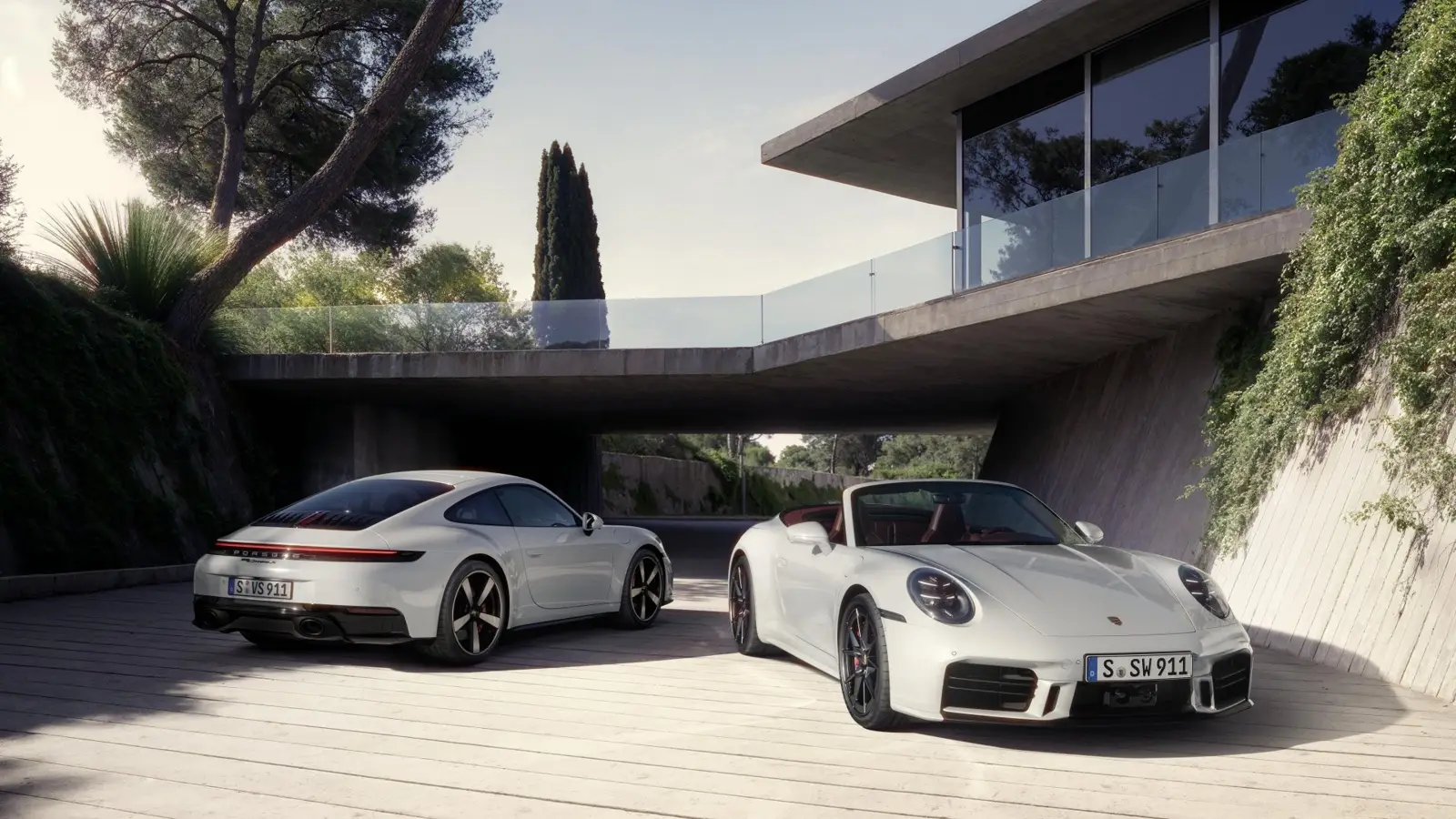
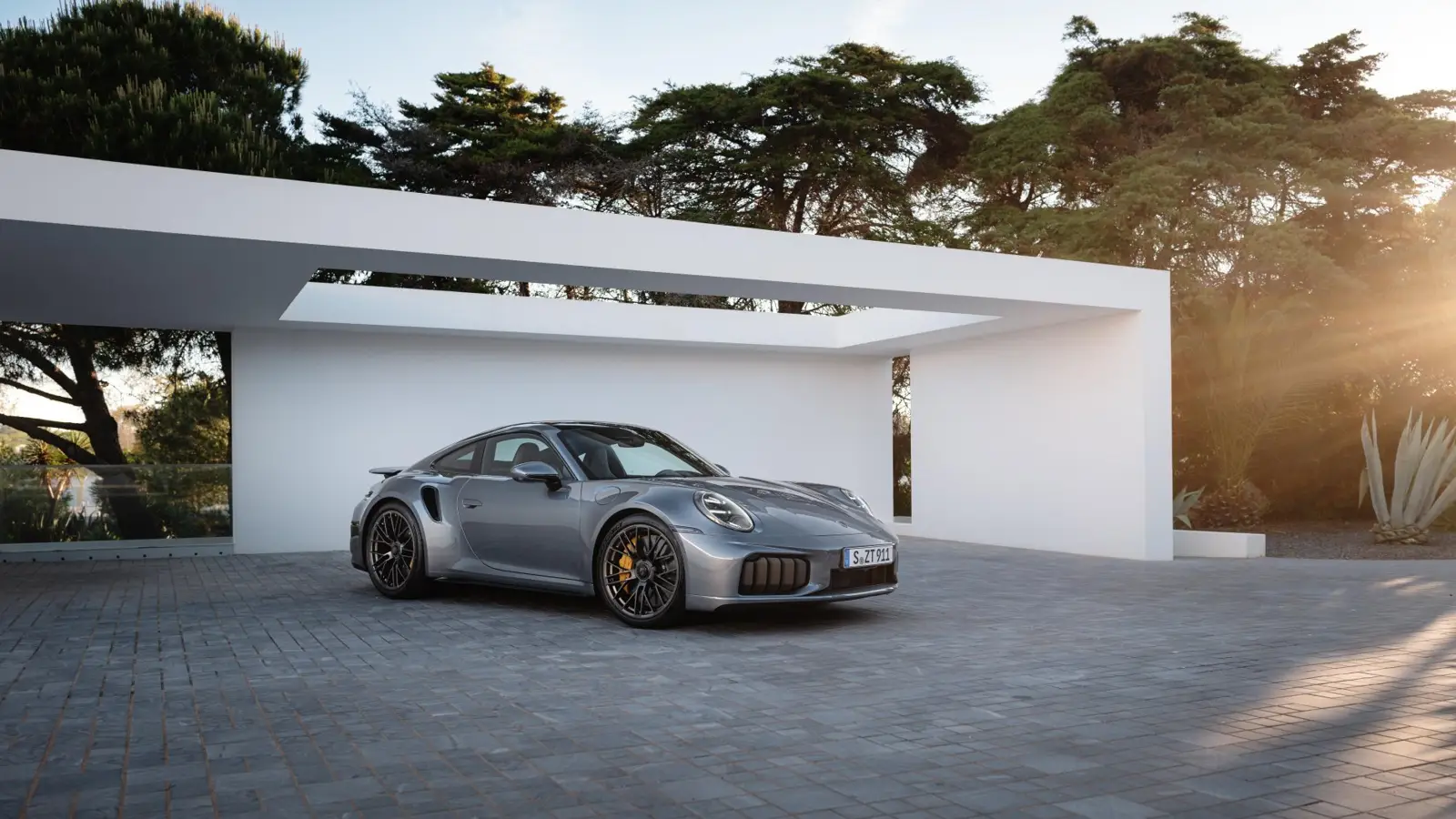
Conclusion
The 911 is one of the few cars that has evolved without losing its soul. Each generation brought new technology — from the first Targa to today’s hybrid Turbo S — making it a sports car that defines its class.
Ethan Rowden
2025, Sep 19 07:57


